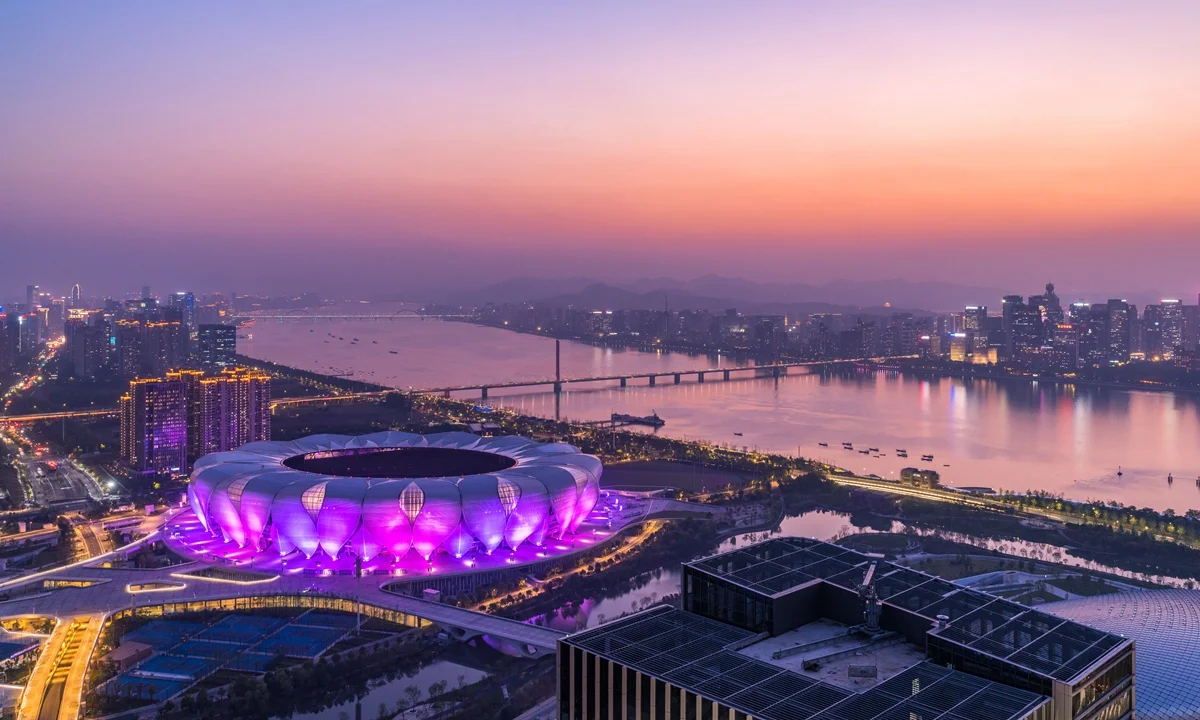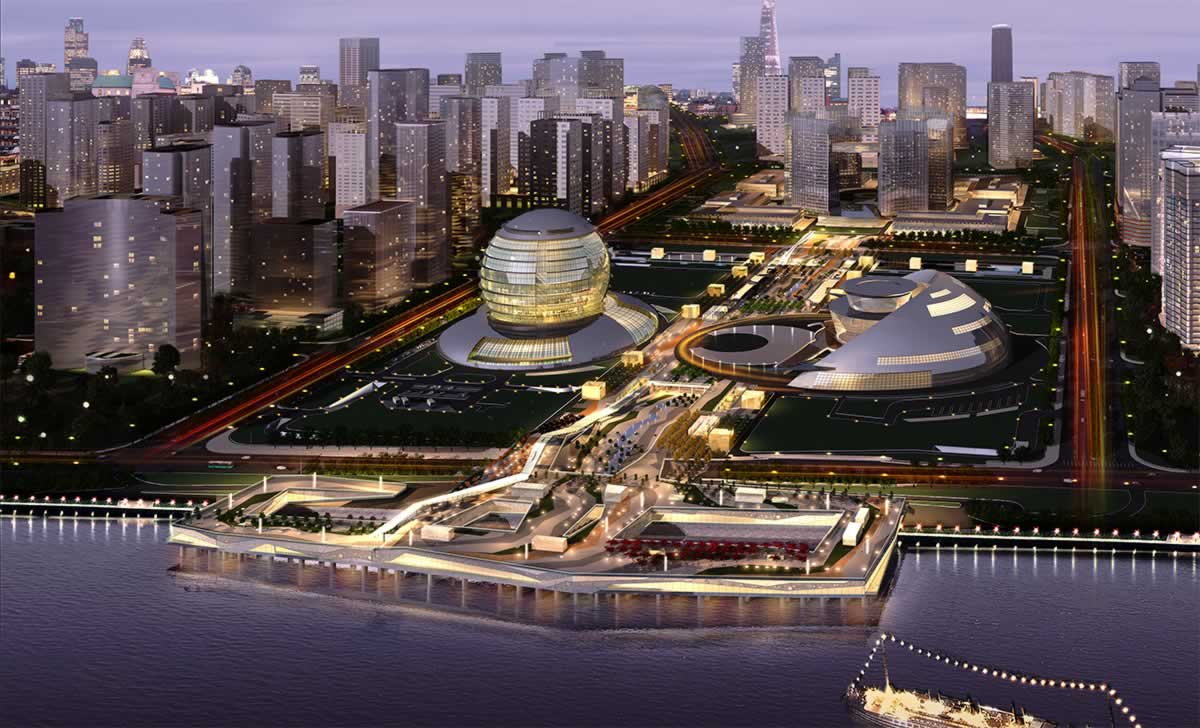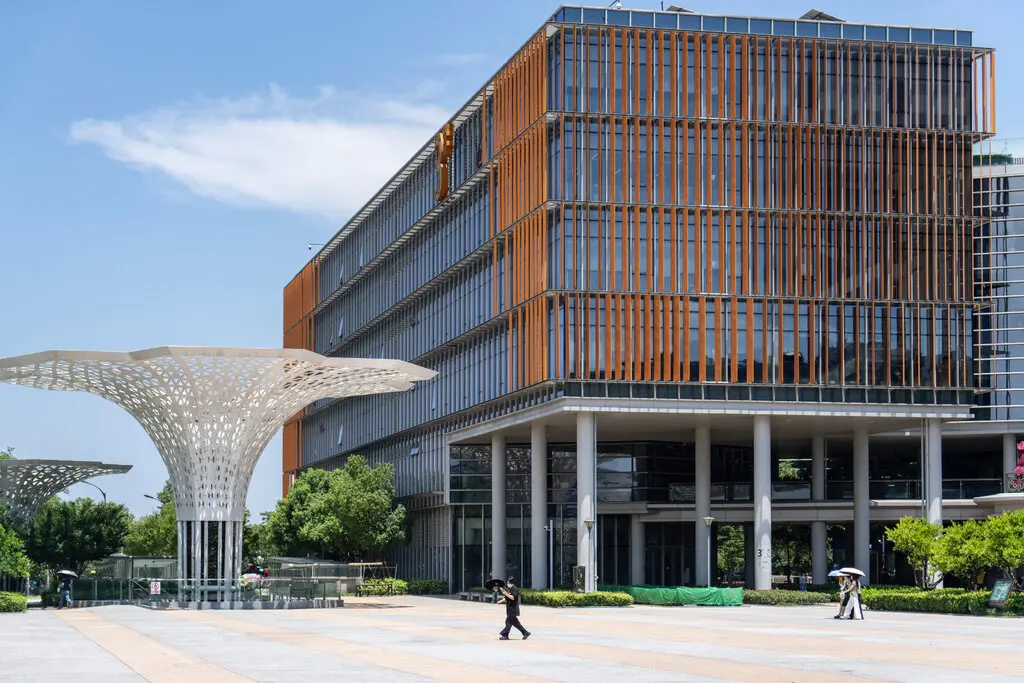While America’s tech bros debate return-to-office mandates in Silicon Valley, China’s AI talent is quietly building something different in the creative districts around Hangzhou—in particular, the suburbs of Liangzhu, which is known for its incredible heritage sites. Welcome to a growing tech ecosystem where innovation increasingly happens outside traditional corporate walls, in coffee shops, co-working spaces, nature-filled parks, and community gatherings that blur the lines between work and social life.
This emerging tech movement reflects Hangzhou’s broader transformation into a cultural and creative industry hub, leveraging momentum from recent international events like the Asian Games in 2022. The city has positioned itself as an alternative to China’s more traditional tech centers, offering a different approach to innovation and collaboration.

What makes Liangzhu’s—and Hangzhou in general—tech scene distinctive isn’t just its proximity to established giants like Alibaba, but its evolving lifestyle proposition. Young entrepreneurs and engineers are drawn to the region’s relatively lower living costs compared to Shanghai or Beijing, allowing startup capital and personal savings to stretch further. The area has become attractive to those seeking both professional opportunities and a more balanced approach to work-life integration.
The cultural evolution is gradually becoming visible across the region. Coffee shops increasingly host informal tech meetups, collaborative work sessions happen in casual settings, and networking occurs through community events rather than formal corporate gatherings. This represents a departure from some of China’s more hierarchical business traditions.

Local organizers describe a growing ecosystem of founders, developers, and creatives who prefer open collaboration over rigid corporate structures. These informal networks function as part professional development, part social experiment—testing whether innovation can thrive in environments that prioritize community alongside technological advancement.
As China continues investing heavily in artificial intelligence and tech innovation, Hangzhou’s creative districts offer an interesting case study in alternative approaches to building tech ecosystems. The region suggests that successful innovation hubs don’t necessarily require the corporate campus model, instead potentially thriving through organic community building and cultural “coffee” creativity.

Whether this represents a sustainable model or simply another phase in China’s rapidly evolving tech—and cultural—landscape remains to be seen. For now, Hangzhou demonstrates how tech communities can develop when they emphasize human connection alongside technological progress, offering one vision of what innovation ecosystems might look like when they integrate work with authentic community building.
Cover image via ABC7.















